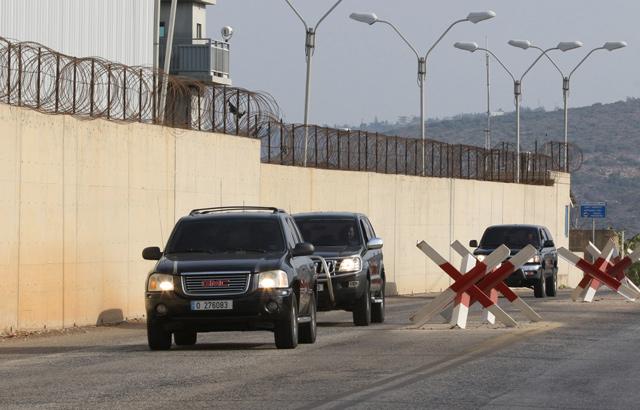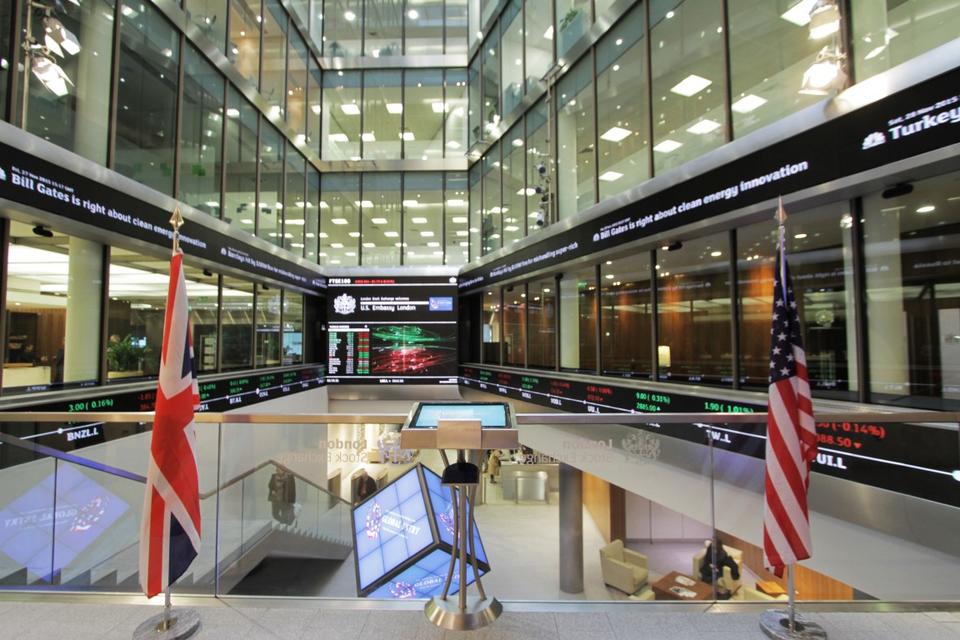
by ncregister.com -- Doreen Abi Raad -- BEIRUT — ’The horrific double explosion on Aug. 4 in Beirut, Lebanon, destroyed half of the Middle Eastern country’s capital, especially regions inhabited by Christians. The disaster — considered one of the world’s most powerful non-nuclear explosions — is the result of the detonation of 2,750 metric tons of ammonium nitrate stored for years in a port warehouse. It killed 200 people, injured more than 6,500 and left 300,000 people homeless. The tragedy comes as Lebanon’s economy is collapsing, pushing the population further into poverty. Maronite Catholic Archbishop Paul Abdel Sater of Beirut spoke to the Register at the chancery, where destruction from the explosion, like so much of Beirut, is obvious. Breezes blow from blasted-out windows of the chancery’s lobby. Makeshift glass sheets cover the damaged windows in the archbishop’s office, his desk chipped and splintered from the impact of glass shards. Archbishop Abdel Sater spoke of his anguish in seeing the Lebanese people suffer, the absence of the government in assuming its role in reconstruction, the expression of solidarity and care on the part of Pope Francis through the visit of the Vatican secretary of state, Cardinal Pietro Parolin, and the rise in emigration of Lebanon’s Christians. He urged the international community to support Lebanon so that it may continue — as Pope St. John Paul II had proclaimed of Lebanon — as a “message.”
What was the greatest pain for you as a shepherd, related to the blast?
The greatest pain was a few minutes following the explosion when an employee and a priest were injured here at the chancery. We took them to the hospital. Seeing all these people — fathers, mothers, husbands, wives — who were all bleeding, walking aimlessly in their house clothes looking for a hospital to receive them. It was sad to see how much the Lebanese people have been robbed of their dignity. And the only thing I was thinking about was that this person I see now, bleeding, is a father who is important in the life of his family. Or a mother who sacrificed so much for her family. And they have been treated this way by an unknown evil person or persons (who perpetuated the explosion). For what?’ What makes me sad is that Lebanon is a country where the human person is losing his and her dignity and it’s a country that has sacrificed many of its children.
by Catholic Herald — Christopher Altieri — — Pope Francis has sent a telegram expressing his condolences to families of victims and …

By AFP -- NAQURA, Lebanon — Lebanon and Israel, still technically at war and with no diplomatic ties, launched a second round of maritime border talks on Wednesday under UN and US auspices to allow for offshore energy exploration. The talks, expected to last for two days, were being held at a base of the UN peacekeeping force UNIFIL in the Lebanese border town of Naqura, guarded by army roadblocks and with UN helicopters circling above. After years of quiet US shuttle diplomacy, Lebanon and Israel this month said they had agreed to begin the negotiations in what Washington hailed as a "historic" agreement. The announcement came weeks after Bahrain and the United Arab Emirates became the first Arab nations to establish relations with Israel since Egypt in 1979 and Jordan in 1994. Lebanon — which last saw military clashes with Israel in 2006 — insists that the negotiations are purely technical and don't involve any soft political normalisation with Israel. "Today's session is the first technical session," said Laury Haytayan, a Lebanese energy expert who said she expected "detailed discussions on demarcation".
Talks later wrapped up and were set to resume at 10 am (08:00 GMT) Thursday, the state-run National News Agency reported. A Lebanese source familiar with negotiations said that the first round of technical talks were “positive”. ‘Maximalist approach’ Lebanon, mired in its worst economic crisis since the 1975-1990 civil war, is looking to settle the maritime border dispute so it can press on with its offshore quest for oil and gas. The search for hydrocarbons has already heightened tensions in the eastern Mediterranean, following repeated Turkish exploration and drilling operations in waters claimed by both Cyprus and Greece. In February 2018, Lebanon signed its first contract for drilling in two blocks in the Mediterranean with a consortium comprising energy giants Total, ENI and Novatek. Exploration of one of the blocks is more controversial, as part of it is located in an 860 square-kilometre area claimed by both Israel and Lebanon. Lebanon is expected to adopt a “maximalist approach”, said Haytayan.

By Tony Akleh -- arabianbusiness.com -- The ongoing economic crisis in Lebanon has placed additional pressure on the banking system, prompting lenders to delist global depositary shares (GDS) from international stock exchanges. The move has been taken to minimise unnecessary costs outside Lebanon in order to meet the challenge of raising their capital by February 2021. If they can't raise capital by 20 percent, they risk having to exit the market, according to a directive sent out by Riad Salameh, governor of Lebanon's central bank. BLOM Bank has applied for the withdrawal of its GDSs from trading on the EUROMTF and the Official List of Luxembourg Stock Exchange, as well as for the withdrawal from trading on the London Stock Exchange, with a proposed implementation of November 24.
BLOM Bank has applied for the withdrawal of its GDSs from trading on the EUROMTF and the Official List of Luxembourg Stock Exchange Prior to this decision, the traded GDSs witnessed low volumes and limited liquidity this year, making administrative costs outweigh the benefits. The GDSs and its underlying shares will continue to trade on the Beirut Stock Exchange. Bank Audi has also announced that it has applied for the cancellation of the listing of its global depository receipt (GDR) from the London Stock Exchange with effect from November 16 although they will continue to be listed and traded on the Beirut Stock Exchange.
Khazen History


Historical Feature:
Churches and Monasteries of the Khazen family

St. Anthony of Padua Church in Ballouneh
Mar Abda Church in Bakaatit Kanaan
Saint Michael Church in Bkaatouta
Saint Therese Church in Qolayaat
Saint Simeon Stylites (مار سمعان العامودي) Church In Ajaltoun
Virgin Mary Church (سيدة المعونات) in Sheilé
Assumption of Mary Church in Ballouneh
1 - The sword of the Maronite Prince
2 - LES KHAZEN CONSULS DE FRANCE
3 - LES MARONITES & LES KHAZEN
4 - LES MAAN & LES KHAZEN
5 - ORIGINE DE LA FAMILLE
Population Movements to Keserwan - The Khazens and The Maans
ما جاء عن الثورة في المقاطعة الكسروانية
ثورة أهالي كسروان على المشايخ الخوازنة وأسبابها
Origins of the "Prince of Maronite" Title
Growing diversity: the Khazin sheiks and the clergy in the first decades of the 18th century
Historical Members:
Barbar Beik El Khazen [English]
Patriach Toubia Kaiss El Khazen(Biography & Life Part1 Part2) (Arabic)
Patriach Youssef Dargham El Khazen (Cont'd)
Cheikh Bishara Jafal El Khazen
Patriarch Youssef Raji El Khazen
The Martyrs Cheikh Philippe & Cheikh Farid El Khazen
Cheikh Nawfal El Khazen (Consul De France)
Cheikh Hossun El Khazen (Consul De France)
Cheikh Abou-Nawfal El Khazen (Consul De France)
Cheikh Francis Abee Nader & his son Yousef
Cheikh Abou-Kanso El Khazen (Consul De France)
Cheikh Abou Nader El Khazen
Cheikh Chafic El Khazen
Cheikh Keserwan El Khazen
Cheikh Serhal El Khazen [English]
Cheikh Rafiq El Khazen [English]
Cheikh Hanna El Khazen
Cheikha Arzi El Khazen
Marie El Khazen